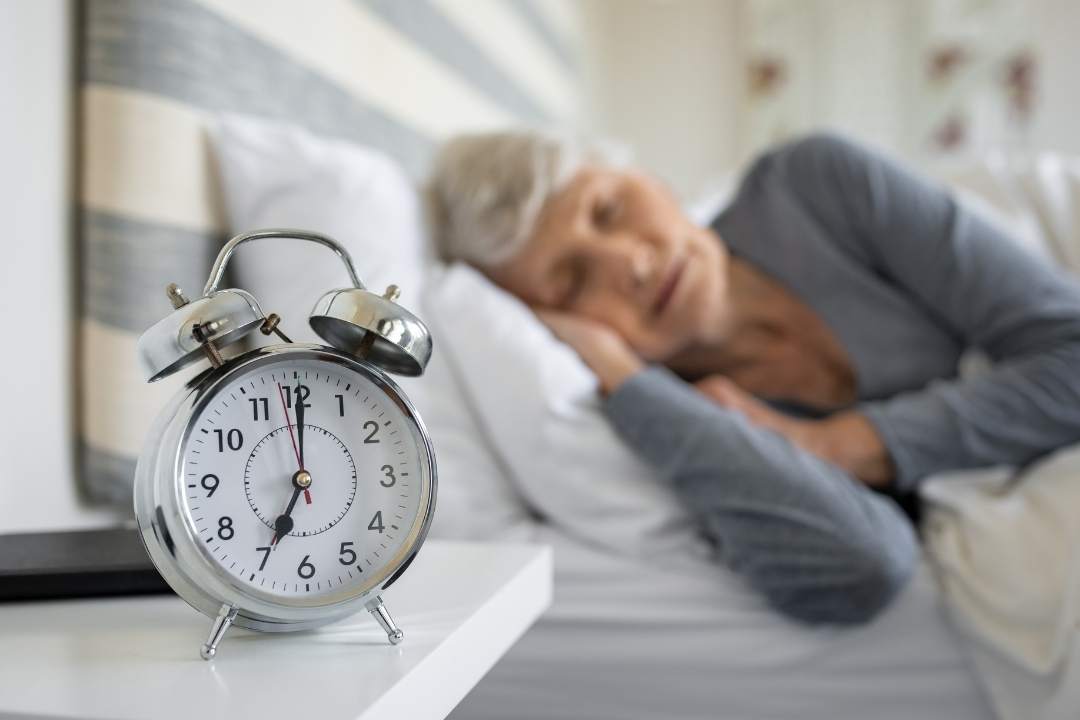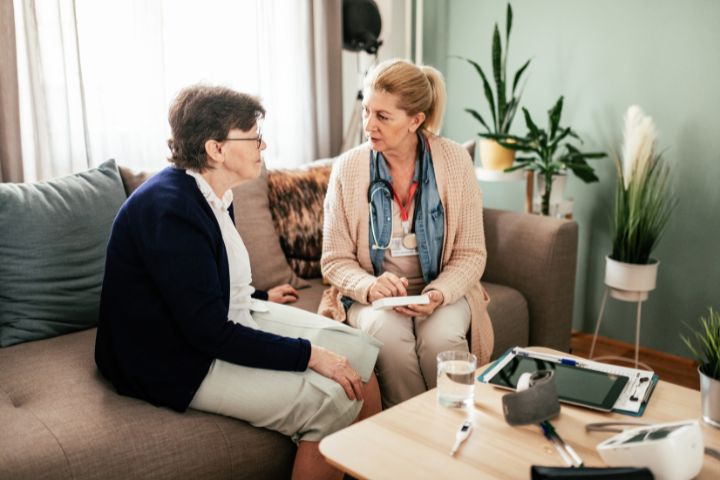The older you get the more difficult it becomes to sleep through the night. Insomnia has become an epidemic and many adults, over the age of 50, suffer from insomnia. We, as older adults, require approximately 7 to 9 hours of uninterrupted sleep. Why I highlight the word, “uninterrupted” because most of us get up at various times during the night to visit the bathroom! There are two reasons why we cannot sleep properly at night. This could be because we nap often during the day or because we tend to sleep earlier and earlier and wake up earlier as a result. So, the bottom line is, you and I both need some much-needed sleep. What do we do?
Problems that occur with Inadequate Sleep
A whole load of problems, health-wise, can crop up because of sleep deprivation. Inadequate sleep can increase our risk of heart disease, diabetes, stress, lower immunity, and more. A study conducted by Johns Hopkins University also concluded that sleep deprivation can also take away our independence as we age. According to this study, researchers found that sleep-deprived women who were monitored for over half a decade were more likely to be placed in nursing homes within those five years. Sleep deprivation also increases our risk of dementia and can cause mobility issues. Sleep deprivation can also increase our risk of obesity. It is stated that people who sleep less than six hours have a higher-than-average body mass index (BMI). This coupled with a lack of exercise and the consumption of the wrong foods raises our risk considerably. So, the question remains, what do we do about sleep deprivation?
How to Sleep through the Night
Sleeping through the night, as with almost every other task in our lives, require well-planned strategies.
- Understand your Natural Sleep Cycle – Go to sleep when you are sleepy. Don’t go to bed before that. If you can’t sleep at a certain time which you believe is suitable, staying up a few hours more will not be the end of the world. This, in fact, will help you sleep better and wake up refreshed.
- Relax your Mind – Yes, I know. This fact is easier said than done. How many of you feel as if there are a thousand and one things in your mind that prop up the moment you hit the bed? I have tried taking a long, leisurely bath and also practiced some relaxing techniques that I learned through yoga. This seems to work for me. Maybe it will work for you too.
- Prepare a Sleep Conducive Environment – There are several physical and environmental factors that keep you from having a good night’s sleep. Try not to eat heavy meals close to bedtime. Try to avoid drinking water after 6 or so in the evening. Make sure your environment is quiet. A drip in the tap can sound like an earthquake in the middle of the night. Maybe you can try using a sleep mask. This, I have found, proves to be quite helpful to me.
- Consider an Over-the-Counter Sleep Aid – This, of course, should be under the advice of your doctor. If the doctor prescribes sleep aid medication, follow the instructions completely.
These are just a few of the methods that I have tried to get a good night’s sleep. Some work for me while others don’t. However, it may work for you.
This article is brought to you by ActiveAdultLiving.com® a comprehensive website, full of information on more than 8,500 active adult communities around the US and Canada




